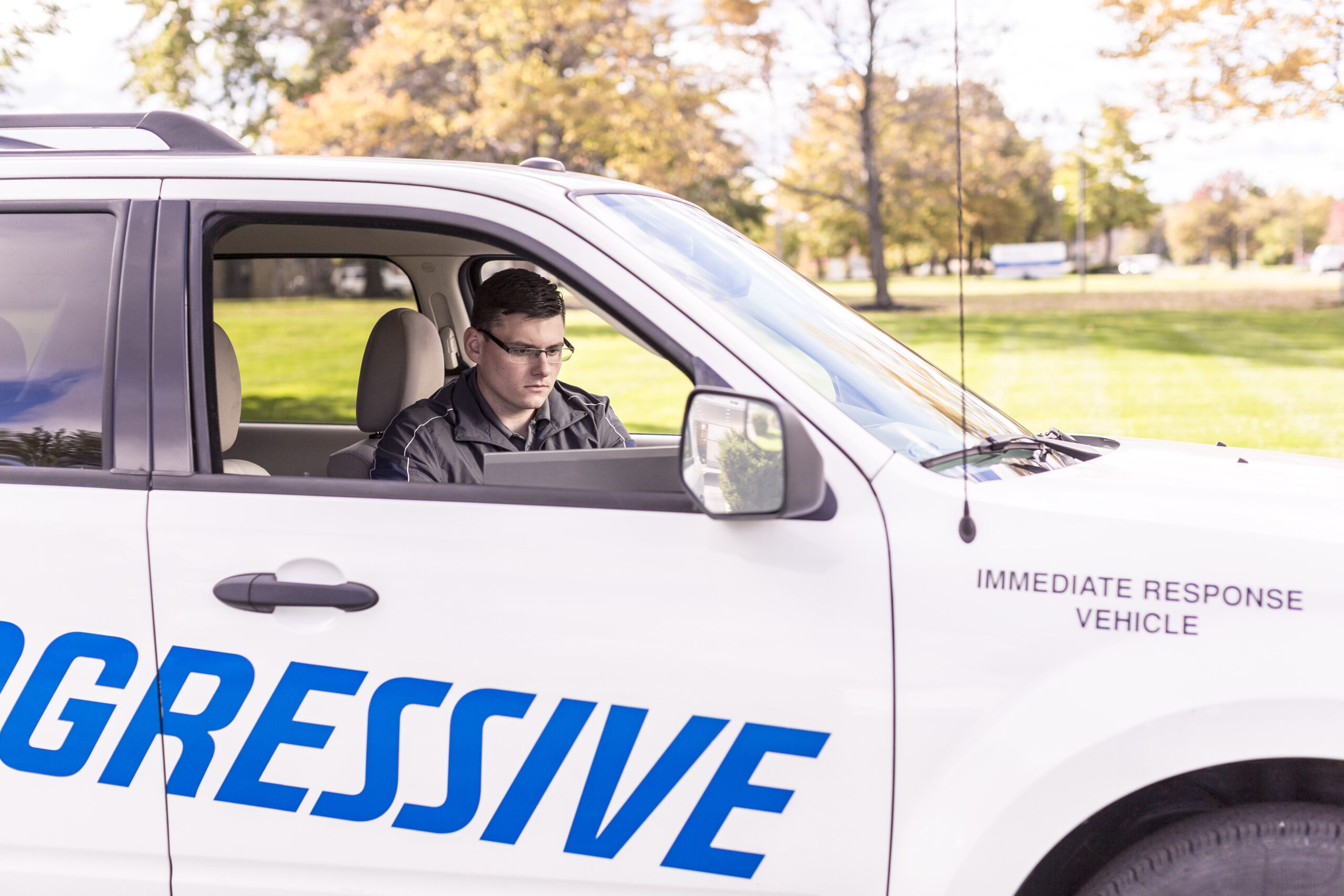Arity promises more transparent UBI data and driving report access
Arity, a mobility data and analytics company and Allstate subsidiary, says it has found a way to offer more transparent usage-based insurance (UBI) data and driving reports to consumers.
Right now, users have to request a copy of their driving reports from Arity after signing up for a UBI program or agreeing to share their driving data with one of Arity’s mobile app partners.
“We recognize that this process can be unclear or difficult to navigate, and that not all consumers are aware they even have a driving score,” Arity told Repairer Driven News. “To help bridge this gap, our new D2C [direct to consumer] tool will make it easier for individuals to check whether a driving report exists for them, and view it directly, even before enrolling in a UBI program or agreeing to share it when shopping for insurance. This new tool is designed to bring greater transparency, accessibility, and control to consumers interested in understanding how their driving behavior might impact insurance pricing.”
The tool is slated to launch later this year, according to Arity.
According to Arity’s recently published guide on the new process, driving scores help consumers better understand their driving behavior data and, for insurers, present “an opportunity to unlock the full potential of telematics programs and grow consumer participation.”
“Demystifying driving behavior data and delivering it in an accessible, user-friendly way strengthens consumer trust and generates richer data insights — fueling sharper risk assessments, more accurate pricing strategies, and improved customer retention,” Arity states in the report.
When asked how the driving behavior data is accessed and collected, Arity said it comes from individuals who have given permission for it to be shared through one of Arity’s third-party publisher app partners, such as Life360.
“Our new tool will not expand the scope of that use; instead, it gives consumers greater visibility into how that data is analyzed and how it might be used to inform personalized insurance offers,” Arity said. “This is about access, not added use. Similar to credit monitoring tools, it aims to give consumers direct insight into a profile that’s already being generated, helping them better understand how their driving habits could impact what they pay for auto insurance and how they might improve that over time by making safer choices on the road.”
Arity noted that its driving reports may differ from driving scores provided by consumers’ insurance carriers.
“This difference exists because each carrier uses its own ‘secret sauce’ to determine pricing,” Arity said. “Arity’s D2C tool aims to offer consumers a transparent view of their driving behavior, providing a version of the data that could potentially be shared with insurers.
“Our goal is to help drivers better understand how their behavior translates into a score, and to use that insight to inform safer habits behind the wheel and ultimately help them save money on auto insurance… When people see how their data is collected and used, we believe they will be more likely to engage in telematics programs, creating value for both drivers and insurance carriers. Similar to credit monitoring tools, our tool will empower consumers to access their driving behavior data and help them make more informed, data-driven decisions.”
In January, Texas Attorney General Ken Paxton announced filed suit against Allstate and its subsidiary, Arity, for allegedly unlawfully collecting, using, and selling data about the location and movement of Texans’ cell phones through “secretly embedded software in mobile apps,” according to a press release.
The release claims Allstate and other insurers used data collected from apps, including Life360, to justify raising Texans’ insurance rates.
Allstate created the “world’s largest driving behavior database” and collected trillions of miles worth of location data from over 45 million consumers nationwide, the release says. It says that via Arity, Allstate paid app developers to incorporate its software to track consumers’ driving data.
“To encourage developers to adopt defendants’ software, defendants paid app developers millions of dollars to integrate defendants’ software into their apps,” according to the suit. “Defendants further incentivized developer participation by creating generous bonus incentives for increasing the size of their dataset.”
According to the suit, the data collected includes the phone’s geolocation data, accelerometer data, magnetometer data, and gyroscopic data, which monitor details such as the phone’s altitude, longitude, latitude, bearing, GPS time, speed, and accuracy.
Before filing suit, Paxton sent notice of violation to Arity in December, claiming it fails to clearly inform consumers about the data it collects and how it is sold.
A jury trial is scheduled to begin Oct. 20.
Paxton has also sued General Motors and continues to investigate several car manufacturers for “secretly collecting and selling drivers’ highly detailed driving data,” according to the January press release.
Last month, Paxton settled a lawsuit against Google for nearly $1.4 billion over the unlawful tracking and collecting of users’ private data, including geolocation, incognito searches, and biometric data.
Images
Featured image credit: Chainarong Prasertthai/iStock
Share This:












